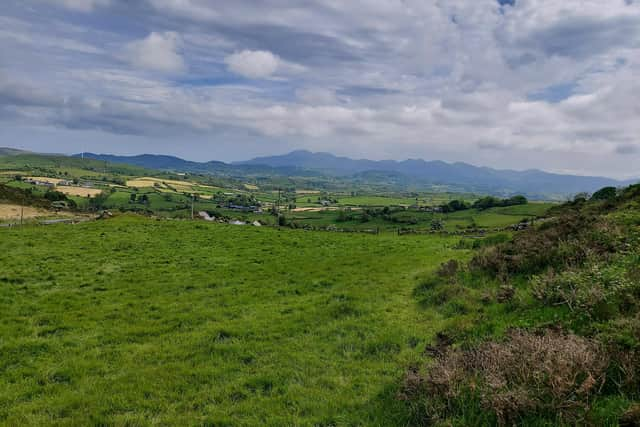DAERA welcomes publication of advice on a Carbon Budget for Northern Ireland
and live on Freeview channel 276
A carbon budget is the maximum amount of greenhouse gases that can be emitted in a given period. The CCC advice is that the Carbon Budget for Northern Ireland from 2023-2027 is set at levels that have an average reduction of 33 per cent on 1990 levels over the carbon reduction period.
The committee also advises that interim targets for 2030 and 2040 should be set at reductions of 48 per cent and 77 per cent respectively.
Advertisement
Advertisement
DAERA is responsible for leading delivery of many of the requirements of the Climate Change Act (Northern Ireland) 2022 and is working alongside all government departments to develop policies and programmes that can deliver the reduction of emissions needed to deliver the legislative requirement to achieve Net Zero by 2050.


The advice published by the CCC will help inform the carbon budget being prepared for consultation and the content of Northern Ireland’s first Climate Action Plan for 2023 to 2027 which the Act requires to be in place by the end of 2023.
Welcoming the publication of the CCC’s Advice Report, DAERA Permanent Secretary, Katrina Godfrey, said: “DAERA would like to thank the committee for the detailed work it has undertaken which is evident in this report and for its continued advice and support as the department works to deliver the requirements of the Climate Change Act.
“The Act passed by the assembly last year sets a direction for Northern Ireland that presents real opportunity to improve our natural environment, our air and water quality and our biodiversity. Today’s publication outlines the size and scale of the challenge we face and the level of ambition and determination that will be needed if Northern Ireland is to reach net zero by 2050. It also underlines the importance of science, technology and innovation in helping us find new ways of reducing carbon emissions.
Advertisement
Advertisement
“Our focus now, not only in DAERA but across all departments, is firmly on developing and refining proposals for returning ministers that can deliver the 48 per cent reduction from 1990 levels of carbon emissions by 2030 while also protecting and promoting economic and societal wellbeing so that these can be captured and consulted on in a draft Climate Action Plan in the coming months.
“Given the nature of evidence and analysis presented in the report, these proposals will not only have to be evidence-based and affordable; they will also in many cases have to be radically different than previous approaches.”
This detailed advice from the CCC will be considered by all departments to help inform the best pathway for Northern Ireland.
The department is “conscious that the Civil Service will not have all the answers to the challenges presented in the CCC advice”.
Advertisement
Advertisement
As Northern Ireland progresses to Net Zero, DAERA is, therefore, encouraging organisations across the public, private and third sectors to consider and debate the report and recommendations in readiness for participation in the consultation on a carbon budget and Climate Action Plan in the coming months.